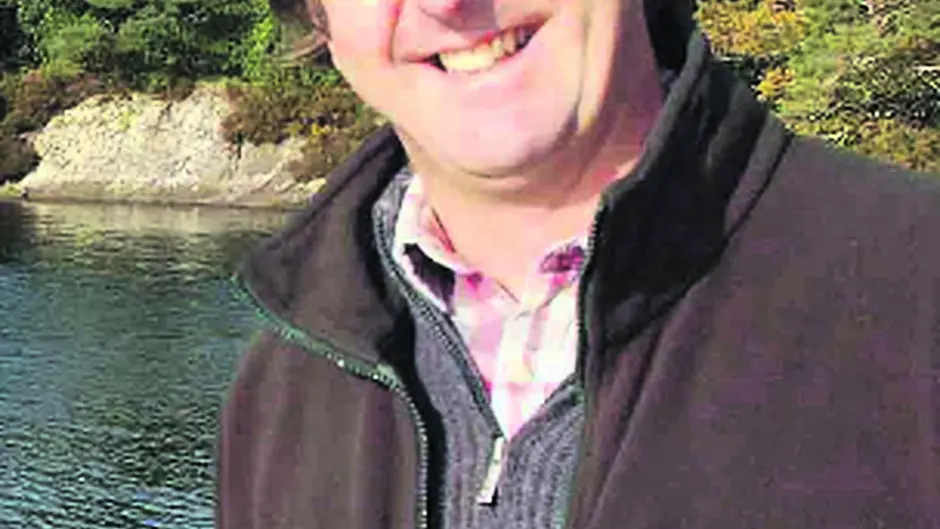The Forest Owners Co-Op is holding an information meeting at the Riverside Park Hotel, Macroom, at 8pm, on Thursday, May 11th, to brief private owners on ‘Chain of Custody’ requirements, how they will affect them and the most effective way of addressing the issue.
THE Forest Owners Co-Op is holding an information meeting at the Riverside Park Hotel, Macroom, at 8pm, on Thursday, May 11th, to brief private owners on ‘Chain of Custody’ requirements, how they will affect them and the most effective way of addressing the issue.
Speakers will include Karl Coggins (Assistant Principal, Forest Service), John Casey (Forest Advisor, Teagasc) Conor McSweeney (GP Wood), Eugene Curran (Forest Service, West Cork) and Michael Greaney (participant, Certification Pilot Project)
All private forest owners are welcome.
Forest certification programmes typically require that forest management practices conform to existing environmental and biodiversity laws. The two largest international forest certification programmes are the Forest Stewardship Council (FSC) and the Programme for the Endorsement of Forest Certification (PEFC).
‘Chain of Custody’ certification tracks the certified material through the production process – from the forest to the consumer, including all successive stages of processing, transformation, manufacturing and distribution. It provides evidence that certified material in a certified product originates from certified forests.
The United Nations Market Review reported that companies that produced or traded in certified forest products often had a market advantage during the recent financial crisis because, in a buyers’ market, the buyers could be more selective in choosing their sources of supply.
The largest supplier of wood to the processing sector in Ireland, Coillte, is ‘Chain of Custody’-certified. However this is due to change in the near future with timber from the private sector exceeding Coillte’s output.
Presently there is a limit to the volume of uncertified material the saw and panel mills can absorb – a maximum of 30% for sawmills and 20% for panel mills. After the damage of Storm Darwin, the supply of timber from private sources exceeded these figures, resulting in instances of private sales being turned away, or at least postponed.
Ireland’s forest industry is export-driven with overseas markets demanding certified timber, therefore it is critical that access to these markets is maintained.
These problems have been recognised by the Forest Service who have initiated a pilot programme to implement certification.








